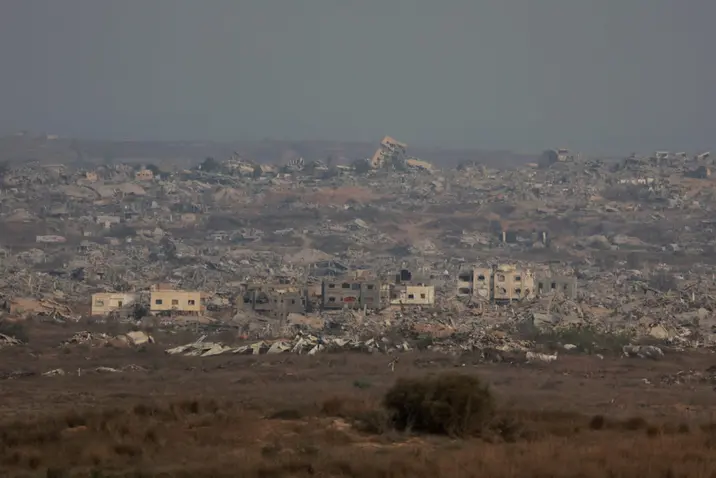T4K3.news
Gaza talks in Cairo advance new ceasefire plan
Hamas negotiators meet in Cairo as Egypt unveils a comprehensive ceasefire proposal with hostage releases and Gaza governance plans.
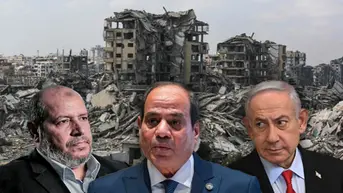
Hamas talks in Cairo explore a full ceasefire backed by a staged disarmament and a role for the Palestinian Authority
Egypt pushes new Gaza ceasefire plan with hostage release
A Hamas delegation arrived in Cairo for talks about a possible deal with Israel as Egypt presented a new plan for a comprehensive ceasefire. The proposal calls for releasing all hostages in one phase, ending the war, a framework for Gaza’s demilitarization, and the symbolic exile of some Hamas members. Foreign Minister Badr Abdel Aty said Egypt is working with Qatar and the United States to revive the 60-day plan.
The plan envisions Israeli withdrawal and international guarantees, with a longer-term settlement that includes a role for the Palestinian Authority in Gaza after the war. An Arab official familiar with the talks said Cairo plans to invite an Israeli negotiating team soon if progress is made, and that draft agreements could follow. He noted that what drew Hamas to Cairo was Israel’s threat to recapture Gaza City.
Key Takeaways
"We are working in full cooperation with the Qataris and Americans"
Egyptian foreign minister on mediator alignment
"A comprehensive deal is easier — in a partial deal, we just postpone the obstacles"
Official assessment of why a full agreement matters
"Hamas genuinely wants to end the war but doesn’t trust Israel"
Arab official describing Hamas position
"The chances Hamas will accept the Egyptian initiative are slim"
Israeli security official on Hamas willingness
The talks show how mediators are trying to turn a fragile ceasefire into a broader political settlement. Egypt presents a package that links hostages, a Gaza demilitarization framework, and a governance plan, aiming to prevent repeated escalations. Yet trust remains the main obstacle: Hamas worries about a later Israeli breach, while Israel fears a disarmament bargain could be exploited to stall a final settlement. The shift toward a PA role signals a shift from purely military terms to governance, which could complicate but also stabilize life for Gaza residents if implemented credibly. The dialogue also reflects regional rivalries, with Egypt, Qatar, and the United States trying to shape a framework that survives changing political winds at home and abroad.
Highlights
- We are working in full cooperation with the Qataris and Americans
- A comprehensive deal is easier in a full package than in a partial one
- Hamas genuinely wants to end the war but needs guarantees
- Israel may resist surrender terms but mediation could still help
Political and security risk in Gaza talks
The proposed plan touches sensitive political and security issues, including disarmament, hostages, governance of Gaza, and exile of operatives. Any misstep could trigger backlash at home or renewed violence, and the involvement of multiple regional powers raises the stakes for credibility and enforcement.
The path to a durable peace depends on credible guarantees and consistent pressure to turn talks into steady, verifiable action.
Enjoyed this? Let your friends know!
Related News
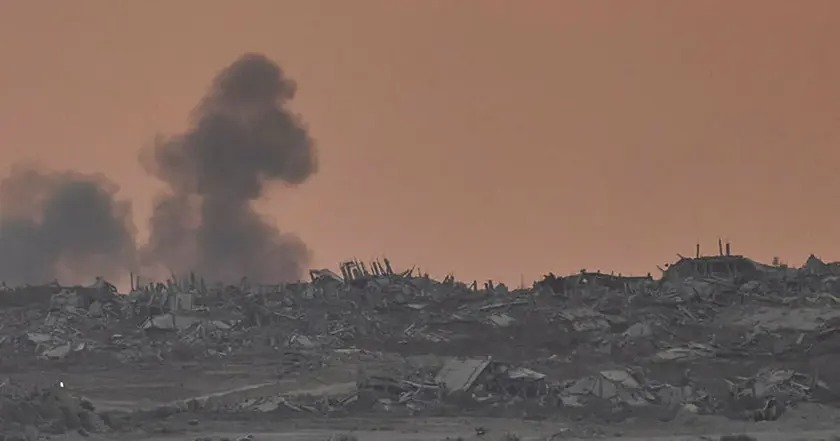
Hamas talks in Cairo and Australia recognitions move
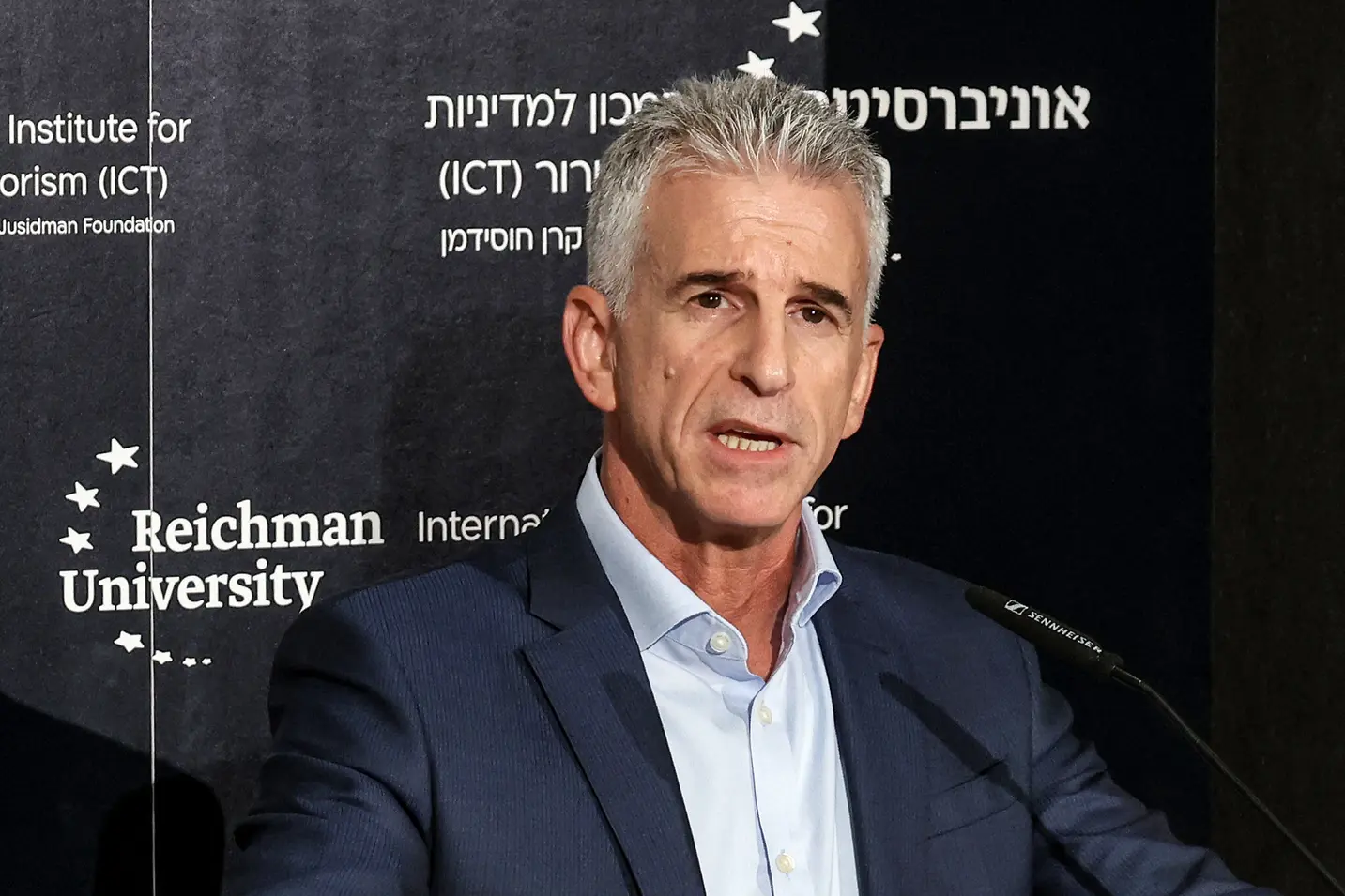
Mossad chief in Doha signals shift on hostage talks
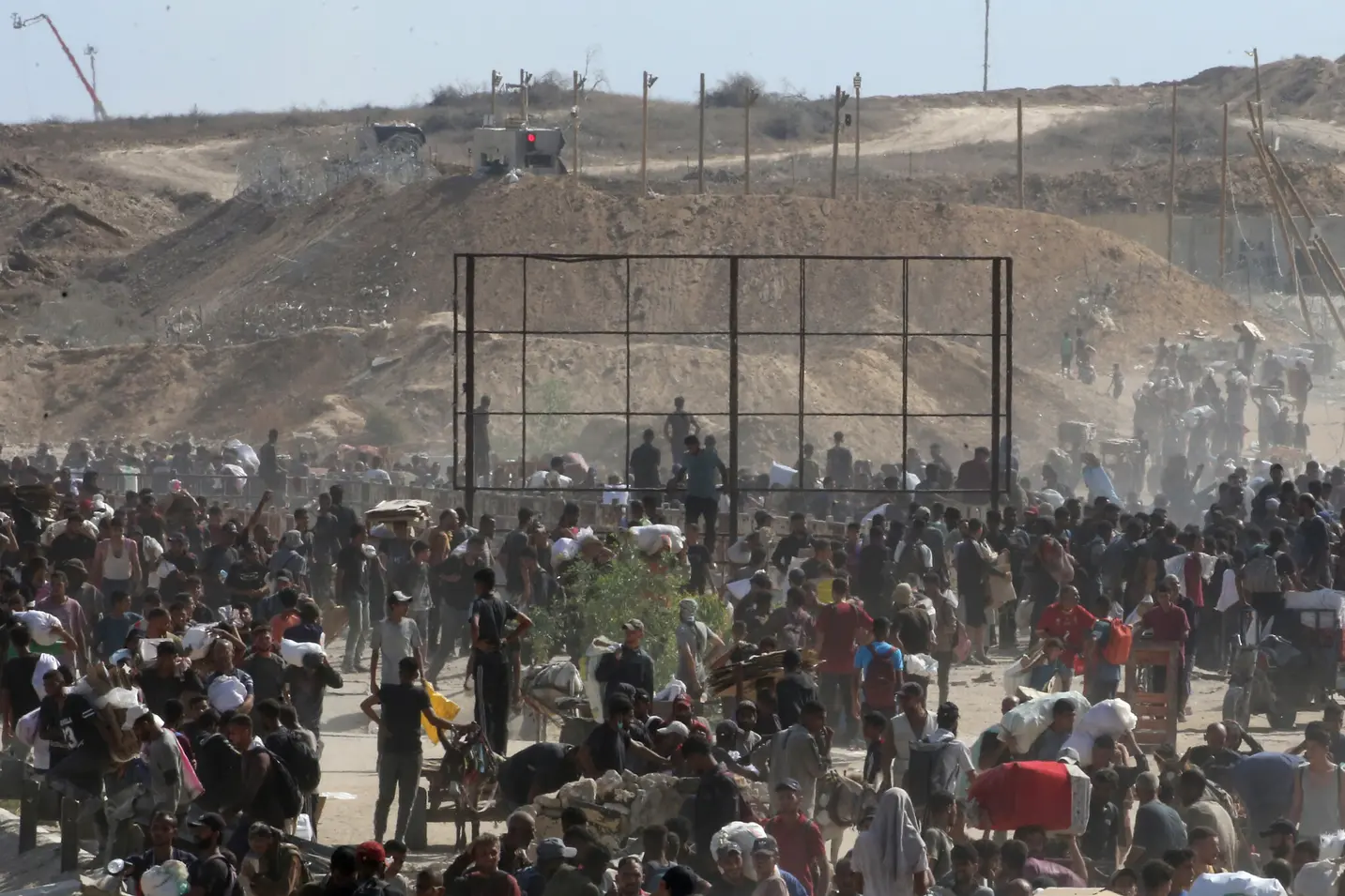
Israel will annex parts of Gaza if no deal is reached with Hamas
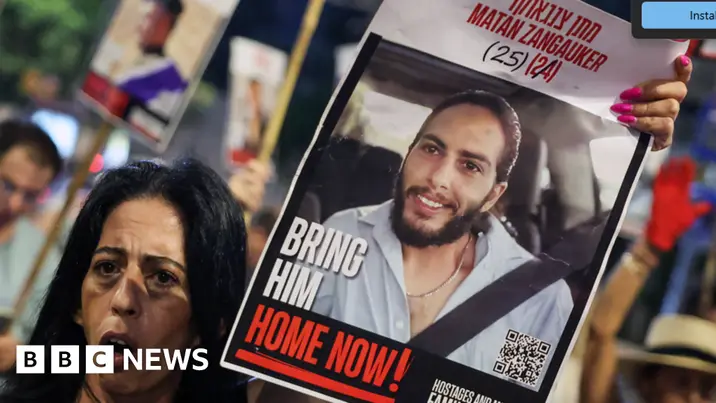
Gaza talks target full hostage release
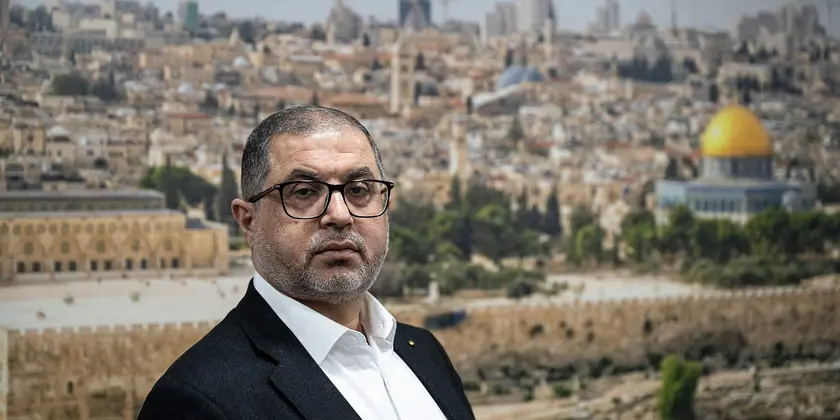
Hamas backs talks on end to Gaza war
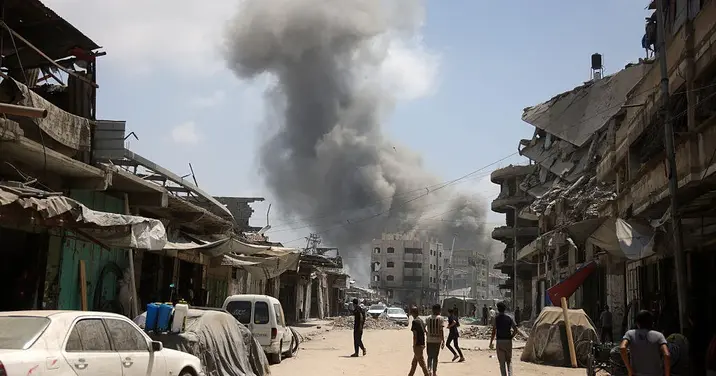
Diplomatic push on Gaza hostages and aid

Trump and Starmer meet in Scotland for trade discussions
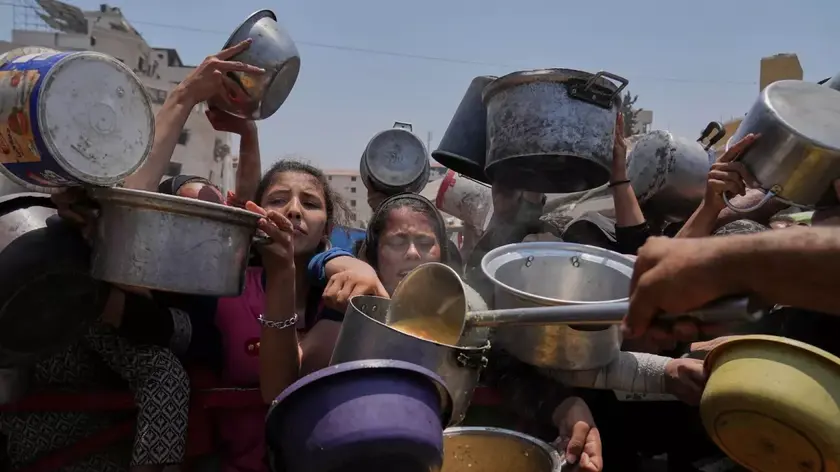
E3 leaders push for Gaza ceasefire
